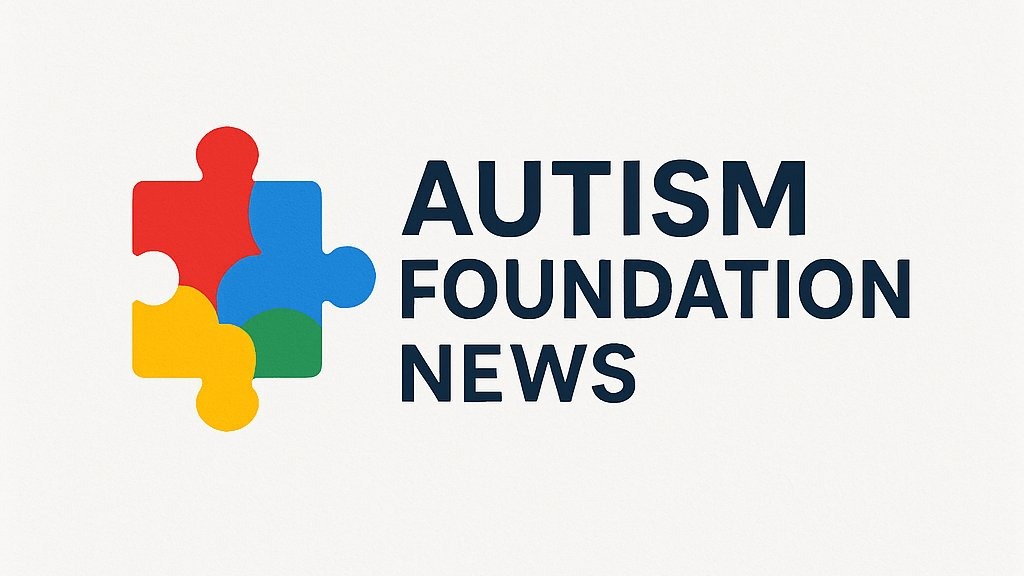
Understanding Mindful Parenting and Its Impact
Mindful parenting is an enriching approach that emphasizes being fully present during interactions with your child. This philosophy is especially crucial for families with autistic children, as cultivating an understanding and sensitive environment can significantly benefit their emotional growth. Studies indicate that when parents practice mindfulness, they not only improve their well-being but also enhance their children's emotional regulation and social decision-making abilities.
Three Mindful Parenting Tips That Make a Difference
Implementing mindfulness in parenting doesn’t have to be overwhelming. Here are three practical tips that can help both parents and children pause and reflect:
Create Mindfulness Reminders
Simple but effective, mindfulness reminders can significantly impact children's behavior. Parents can encourage children to tie strings around their fingers, wear mindfulness bracelets, or stick colorful reminders on their devices. These tactile prompts can help kids pause for a moment of reflection, allowing them to connect with their thoughts and feelings.
Breathing Prompts for Everyday Activities
Many daily routines are filled with automatic actions. Integrating breathing prompts into activities like brushing teeth or putting on socks gives children a moment to center themselves. This practice not only disrupts their habitual behaviors but also instills an understanding of their emotions and thoughts in real-time.
Pay Attention to "Funny Feelings"
Teaching children to recognize their "funny feelings"—the physiological responses they experience right before acting—can be a game-changer. For instance, if they feel a tightness in their chest before doing something impulsive, they can pause to reflect on their motivations, ultimately making more informed choices about their actions.
The Emotional Connection: Why Mindful Parenting Matters
Mindful parenting goes beyond teaching children to manage their emotions. It's about establishing a profound connection that nurtures empathy and understanding within the family unit. By remaining aware of their own emotional responses, parents become better equipped to support their children through challenging moments.
Benefits of Mindful Parenting in Families with Autism
Families with autistic children may find these techniques particularly beneficial. Engaging in mindful parenting allows parents to approach their children's unique challenges with compassion and understanding. For instance, when a child has a meltdown, a mindful response can help prevent the situation from escalating, creating a safer emotional space for both parent and child.
Additionally, children raised in a mindful environment develop stronger self-esteem and social skills. They learn to appreciate and navigate their emotions more effectively, laying a foundation for healthier relationships as they grow.
Future Trends in Mindful Parenting
As more research highlights the benefits of mindfulness in parenting, we can expect an increased adoption of mindfulness-based practices in family therapy settings. This trend represents a shift towards understanding children's emotional complexities and fostering a supportive environment for their development.
Take Action and Embrace Mindfulness Today
To foster a supportive and connected environment at home, consider implementing these mindful parenting strategies. Small, consistent efforts can yield significant results. By making mindfulness a foundational aspect of your parenting style, you not only improve your child’s emotional health but also enhance your family’s overall well-being.
 Add Row
Add Row  Add
Add 




Write A Comment